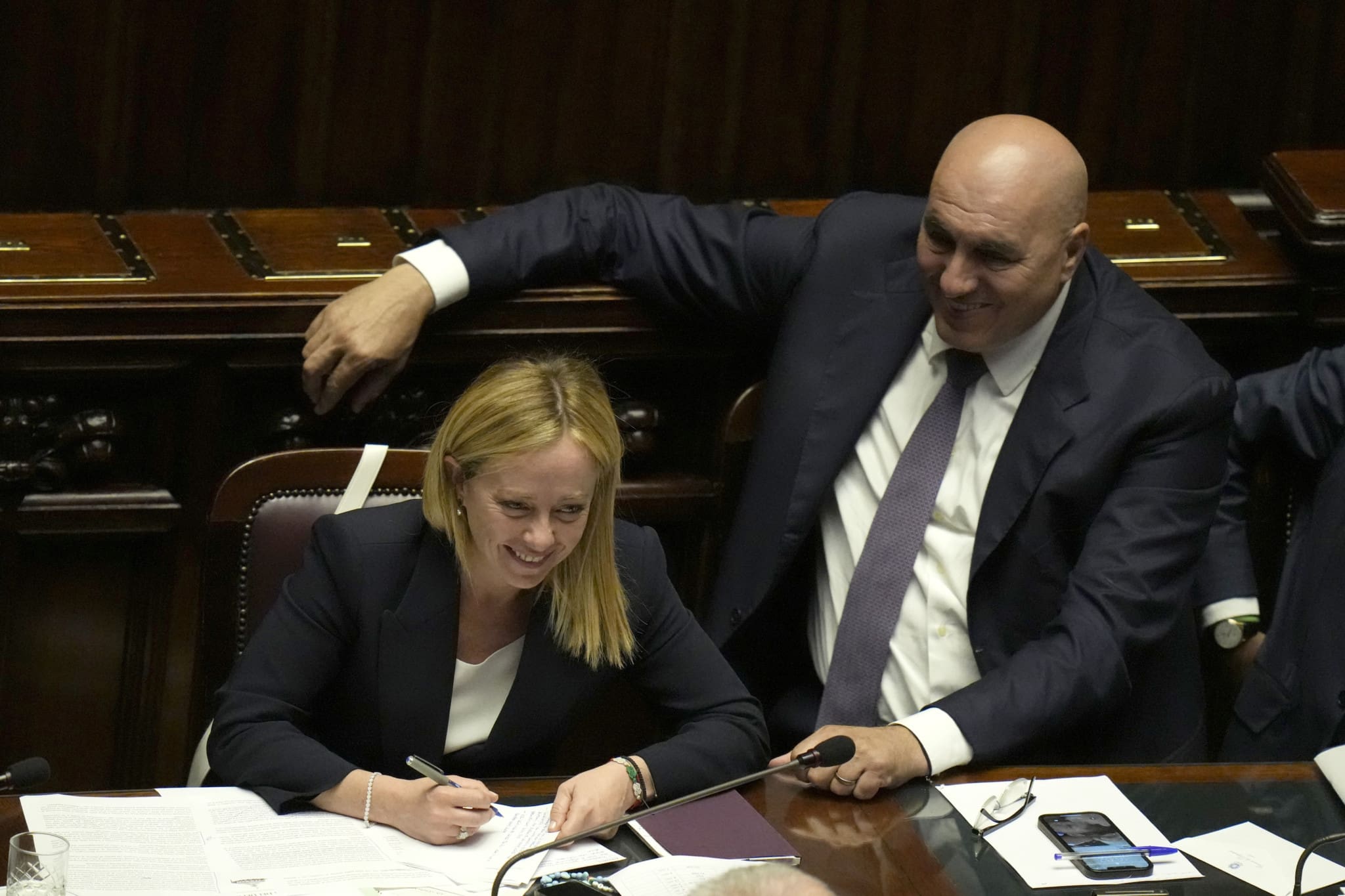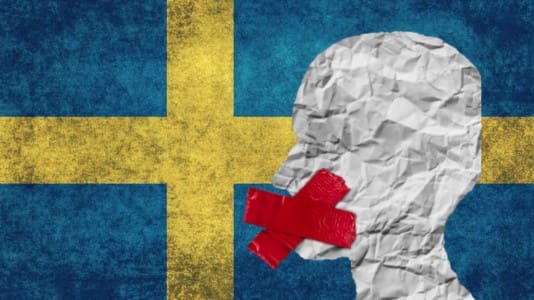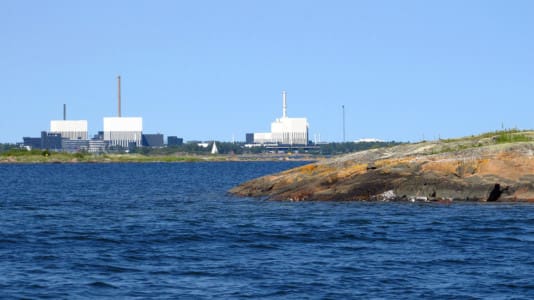Italy intends to implement its own immigration policy which favors those in need, regardless of opinions from liberal governments of its neighbors and the European Union, the country’s newly-appointed Minister of Defense Guido Crosetto has revealed.
In an interview with Il Messaggero newspaper, Crosetto took aim at a European Union that has for too long provided insufficient support to national governments bearing the brunt of the migration crisis, and said the new administration’s intention was to “oblige and force” the European Union to “not turn away” and to take a “serious, rational, definitive” approach to the ongoing problems in the Mediterranean.
The Italian government under Giorgia Meloni has laid down the law recently with a hard-line response to NGO humanitarian vessels attempting to continue a long-held practice of dropping migrants rescued in the Mediterranean off at Italian ports.
[pp id=54698]
Two vessels operating under German and Norwegian flags were granted permission to dock in Catania, Sicily, but only to allow vulnerable people, namely women, children, and those with medical issues, to disembark. The captains of the ships were ordered to leave Italian territory with the remaining fighting-age adult males on board, and instructed to take them to the vessels’ host nations to be dealt with there.
Crosetto insisted this new approach by the Italian government “has shown that it knows how to combine rigor with humanity, the welcome of the weak, and is willing to tackle the problem of illegal immigration,” unlike its predecessors.
Meloni’s administration has been accused by humanitarian charities funding the NGO vessels of breaching international law by not providing safe harbor for all those aboard its ships. The SOS Humanity charity even launched legal proceedings against the Italian government to this effect, however Crosetto defends the policy adopted by Italian authorities, insisting the approach of dumping migrants on the shore of one member state is not the way to solve the problem.
“Getting migrants ashore, not caring what their destiny will be, is not a serious way of dealing with them, but only a choice to wash one’s conscience without doing anything,” the Italian defense minister told the newspaper.
[pp id=54441]
He also raised the important point that by offering everyone who makes the perilous journey across the Mediterranean to reach safe harbor in Europe, European governments are continuing to line the pockets of profiteering people smugglers taking advantage of vulnerable people.
“Behind every departure from Africa, there are thousands of euros paid to traffickers and smugglers,” Crosetto said, insisting the time has come “to put an end to this dramatic quarrel that has been dragging on for years.”
Italy has long borne the brunt of the migration crisis due to its strategic geographic location, and has taken in more than 85,000 migrants since the beginning of the year, according to the UN.
The new hard-line approach taken by Meloni and her right-wing coalition partners is bound to ruffle some feathers in Brussels, Berlin, and Paris, but is likely to be applauded by other member states on the front-line such as Hungary and Poland which have long been defending the European Union’s external frontier without much acknowledgment or appreciation from those less affected.






